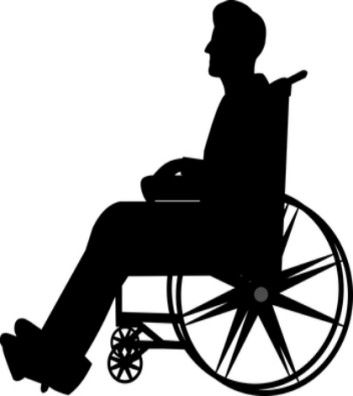Nurturing the Caregiver: 5 Strategies to Overcome Anger and Guilt
Taking on the role of a caregiver can be overwhelming and lead to negative emotions. Learn strategies to avoid stress, anger, and guilt while caring for a family member.

Caregiving is a demanding and unpredictable role that can take a toll on the physical, mental, emotional, and financial well-being of the caregiver. Often, caregivers neglect their own needs while providing care for others, leading to stress, resentment, and feelings of guilt and anger. To ensure the caregiver's well-being and maintain a healthy caregiving journey, implementing essential strategies from the start is crucial.
This article explores key approaches to overcome caregiver anger and guilt, fostering a balanced and fulfilling caregiving experience.
1.Open Communication and Setting Expectations:
Initiate open communication with the aging senior family member to discuss expectations, limitations, and boundaries. This helps avoid undue stress and guilt resulting from unmet promises or unrealistic demands. Understanding each other's needs and capabilities fosters a healthier caregiving dynamic.
2.Knowing Your Limitations and Setting Boundaries:
Recognize your limitations as a caregiver and establish clear boundaries for the care you can provide. It's essential to accept that no one can meet all the needs of another human being entirely. Setting realistic boundaries ensures the caregiver's well-being and prevents burnout.
3.Life Beyond Caregiving:
Understand that there will be life after the caregiving journey ends. Make time for yourself and nurture other relationships in your life. Balancing caregiving with personal needs allows the caregiver to maintain their identity and enjoy life beyond their role as a caregiver.
4.Team Approach to Care:
Acknowledge that successful caregiving requires a team approach. Build a support network and have a back-up plan in place. This helps prevent the feeling of overwhelming responsibility and allows others to share the caregiving load.
5.Letting Go of Guilt:
Recognize that guilt is a wasted emotion with negative consequences on relationships. Set realistic expectations for yourself and others, avoiding the constant worry of anticipating every need. Let go of guilt to make healthier decisions and enhance the caregiving experience.

Conclusion:
Caregiving is a noble and challenging responsibility, but it doesn't have to lead to stress, anger, and guilt. By employing these proactive strategies and maintaining open communication, caregivers can ensure their own well-being while providing exceptional care for their loved ones. Remember, taking care of oneself throughout the caregiving journey is essential to being a compassionate and fulfilled caregiver.
You might also like this article:








